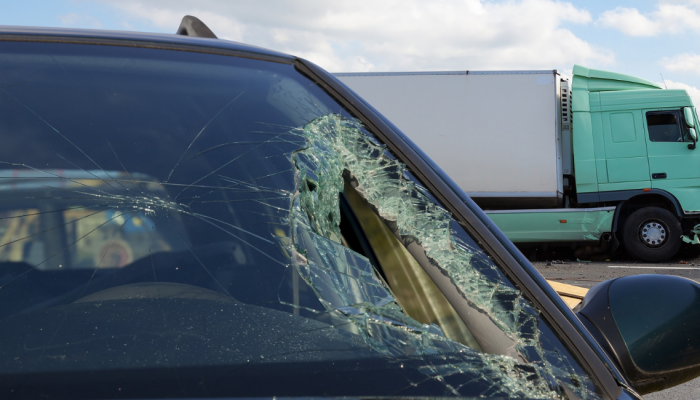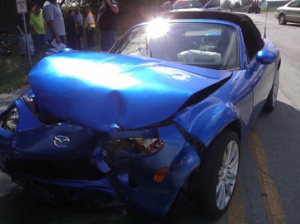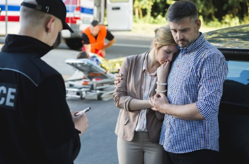Work injuries happen, even for companies that are strict on their safety rule enforcement. On the job injuries can be minor or life-threatening and anywhere in between. The most common causes of work injuries are slips, trips, and falls. They are the second highest case number that accident attorneys are hired for, car accidents being number one. These are some of the more common injuries that can happen as a result of a slip, trip, or fall.
Soft Tissue Injury
Soft tissue injures can be tricky to find right away. They can show up days or even weeks after your accident. It can be bad bruising, wrist or ankle sprains, and possibly torn ligaments in your wrist, ankle, or knee. Since they show up later they can be hard to prove that your injuries are the result of your accident. File an accident report right after the accident happens. Make sure you keep all medical documentation should you need to go to court.
Head Injury
Head injuries are serious even if they may seem minor. You may feel fine at first but head injury symptoms don’t always show up right away. If you fall and hit your head, get medical attention, especially if there is swelling, bleeding, or if you momentarily lose consciousness. It might be that you have a concussion. A bad concussion could lead to a traumatic brain injury or TBI. This could later have an impact on your quality of life as some TBI’s can have side effects of color blindness, massive headaches, and even seizures. Having all the proper documentation from your doctor for all diagnoses, procedures, and tests will be very important if you need to present your case.
Cuts and Abrasions
The most common type of injury during a slip, trip, or fall is cuts and abrasions. These injuries typically bleed a lot but aren’t too serious. Make sure you get them cleaned of any debris and keep them bandaged to prevent infection. Sometimes a cut can be deep and stitches may need to be required. Make sure you have your supervisor call for help and get all your wounds looked at no matter how minor they may seem.
Spinal Cord Damage
Some accidents can have severe injuries. Spinal cord injuries happen when there is compression to the spinal cord. The higher up on the spinal cord, the more damage you have and more serious symptoms. Damage to the lower area can result in partial paralysis while damage to the upper area can result in full paralysis. If you fall and land on your back, tailbone, or neck stay still until you can be checked out by medical staff. You may have a smaller injury that cant turn into a major injury.
Broken Bones
Broken bones can be a scary injury visually and can be very painful. You may have a compound break or a small fracture. Some injuries can include the bone coming through the skin. When you break a bone, don’t move. You may cause the break to become worse. Wait for medical care so the bone can be set correctly. Surgery may be required to repair the break. Physical therapy will be prescribed to restrengthen the muscles from your time in a cast. Make sure you keep all documentation to give your attorney if one is needed.
Possible Causes of Slips, Trips, and Falls
Most slips, trips, and falls happen through the negligence of the company rather than your negligence. Some common causes for slip, trip, or fall accidents are:
-
- Debris on the floor
-
- Equipment such as cords or other trip hazards not properly stored
-
- Wet floors without proper signs cautioning a slip area
-
- Uneven surfaces, such as a hole in the floor or unevenly paved area
- Unsafe working zones where safety practices are not used or enforced
Slips, trips, and falls can happen anywhere but companies should do their best to make sure they don’t happen in the workplace. If you experience an accident you should wait and get care even if you don’t feel pain or think you aren’t hurt. Make sure you report your accident to your supervisor for documentation. Hire an attorney and give them all medical and company reports on your accident. Attorneys like Michael R. Braun can help fight for you and make sure you get restitution for all your medical bills and lost time at work.









